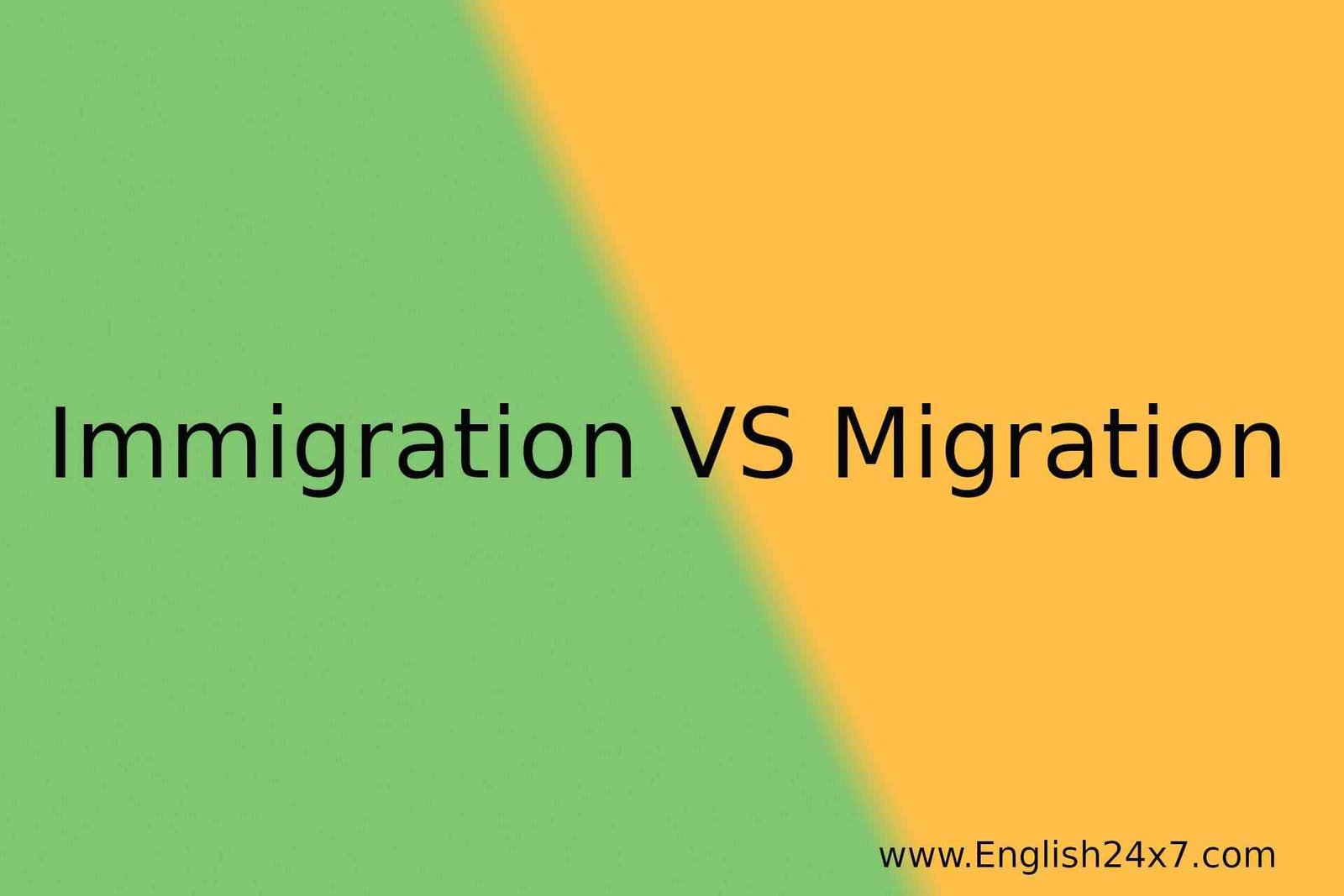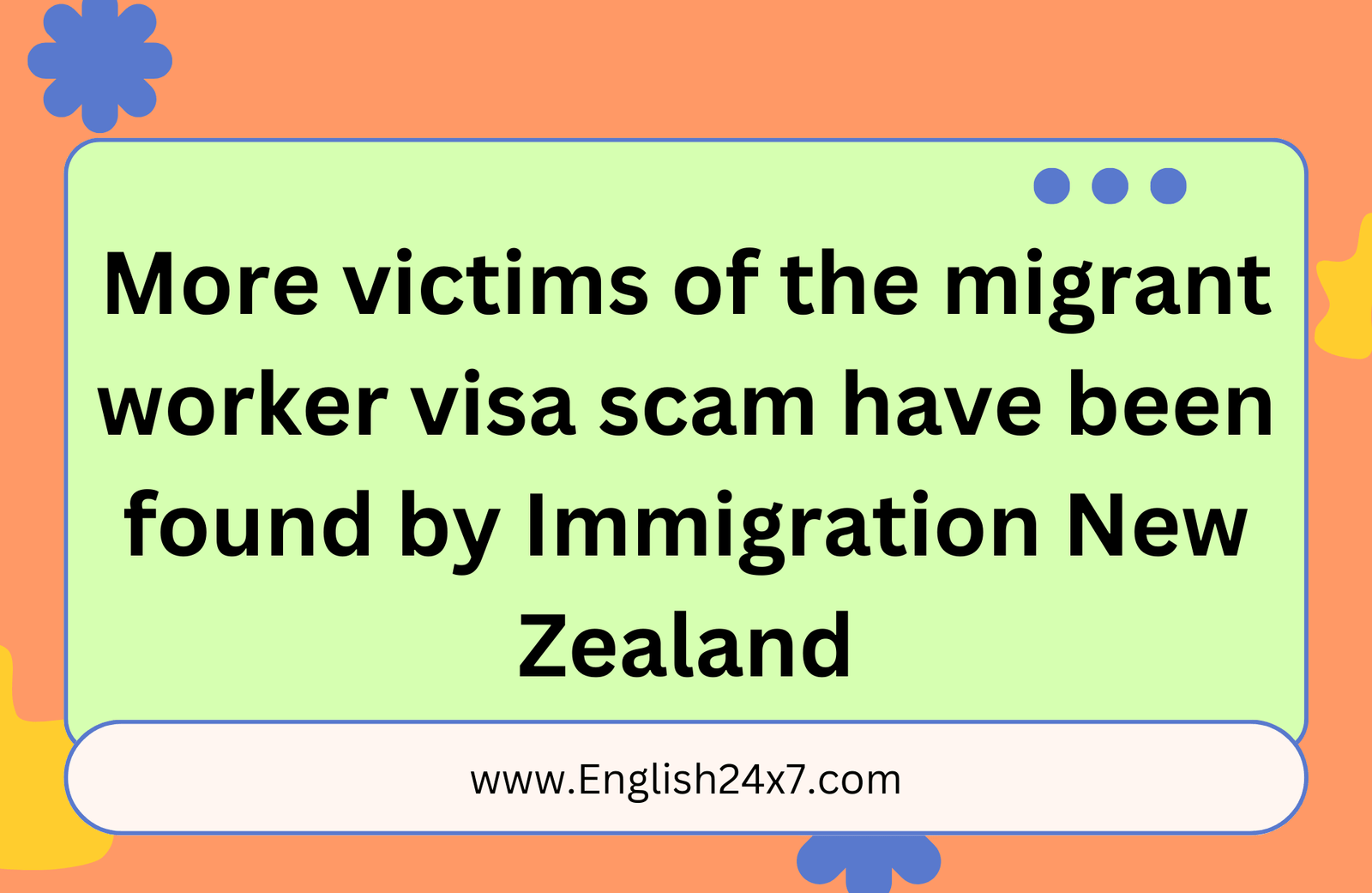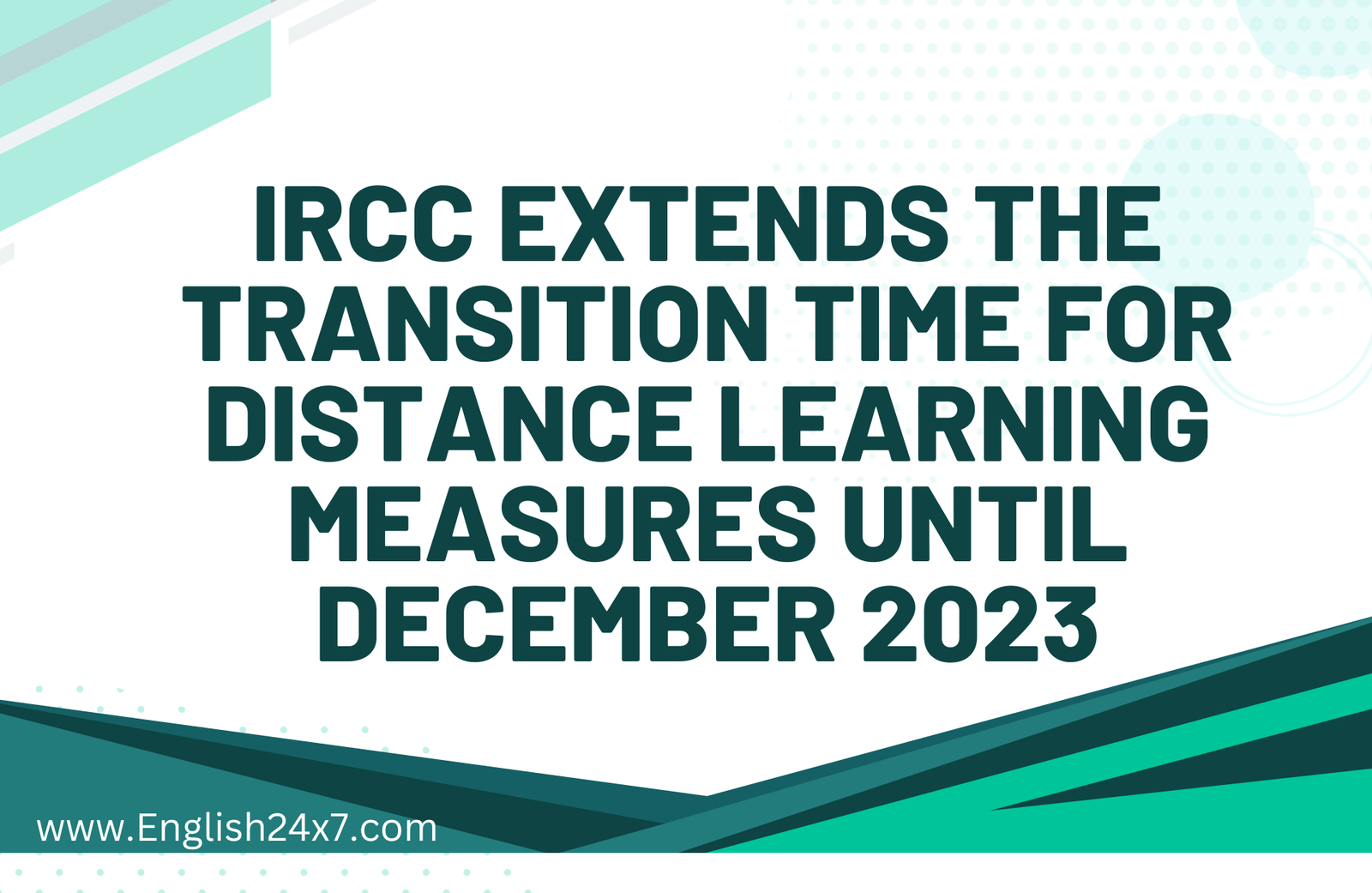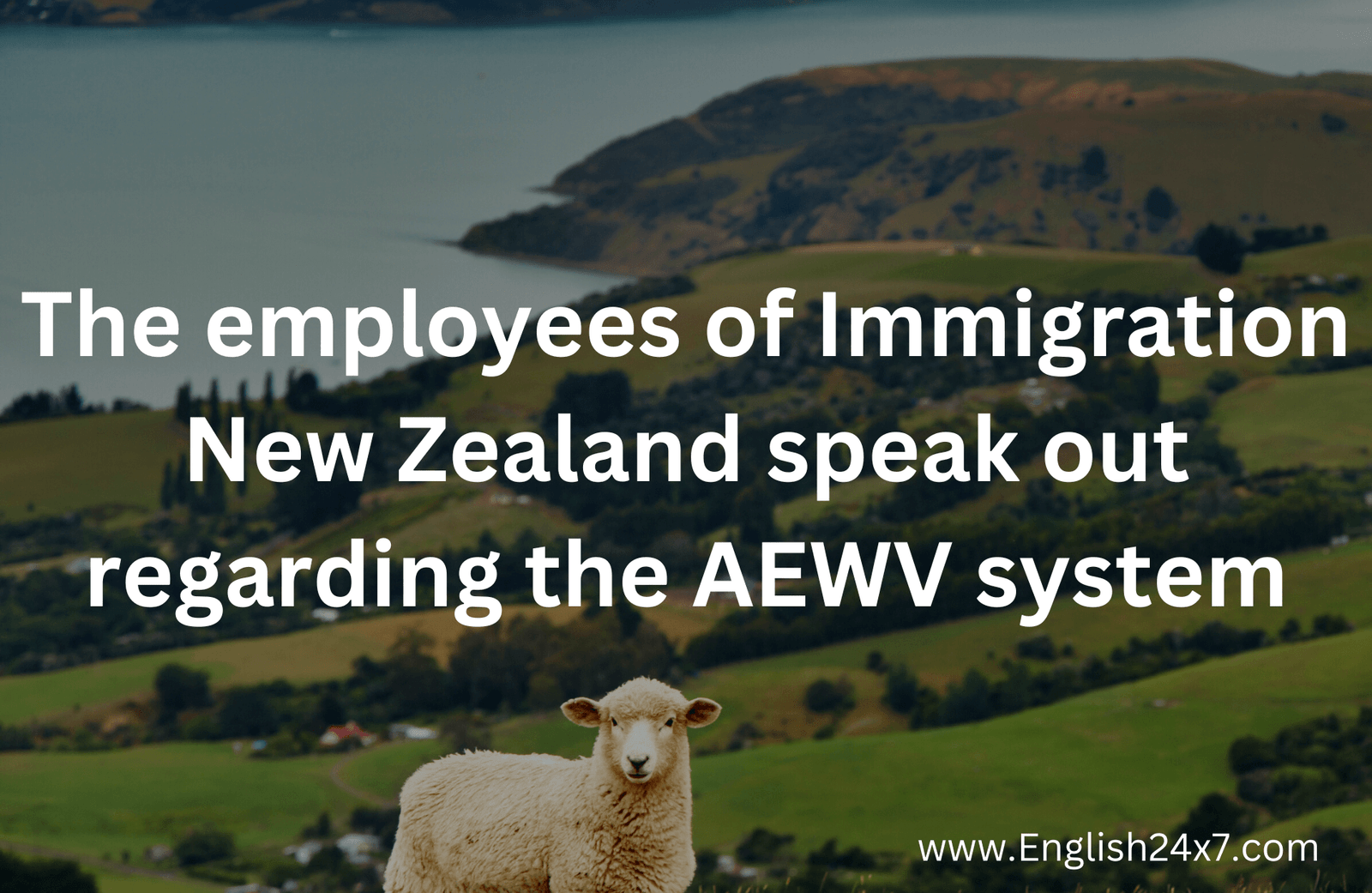
Wealthy foreigners avoid New Wellington - The ultra-rich are losing interest in New Zealand
Since its launch six months ago, a new investor visa has drawn only 14 applications from high-net-worth individuals who can invest millions in the nation's firms.
That compared to 492 applicants to the country's former visa program in 2021, when it toughened the conditions to need larger funds and banned real estate investment.
As local housing costs rise, governments around the world seek outside investment, yet visas for rich foreigners are typically contentious.
Six years ago, internet millionaire Peter Thiel was awarded citizenship in 2011 despite having spent only 12 days in the country in the five years before his application, causing a public outcry. New Zealand lawmakers are aware of this tension.
Mr. Marcus Beveridge, managing director of Auckland law company Queen City Law, which advises immigrants to New Zealand, said the low number of new visa applicants signals the country may have gone too far.
The first 10 new program applicants got NZ$111 million (S$93 million) to invest. For the past decade, the old scheme earned NZ$1 billion annually.
Mr. Beveridge called the whole thing an embarrassment. I call it outrageous negligence from the administration to allow this to happen to something crucial to the economy.
The new visa program's modest start doesn't worry officials. They claim investors and advisers need time to understand the updated rules and that applications will rise.
The government will evaluate the initiative in 2023
The COVID-19 outbreak boosted affluent investor visa programs. Three years after the virus crippled the global economy, backlash is mounting. The government criticized New Zealand's prior investment visa program for luring wealthy Chinese investors who invested in shares and bonds rather than New Zealand firms.
The revised version has been running since Sept. 19. Direct financing of New Zealand companies is the biggest change.
Direct investment in listed equities requires NZ$5 million, whereas passive investment requires NZ$15 million. The prior requirement required NZ$3 million. New Zealanders can no longer invest in bonds or property.
After more than a decade of global elites, including US IT industry executives, fleeing political instability to New Zealand, the change has occurred.
The Thiel case accused New Zealand of selling citizenship to rich foreigners. PayPal co-founder Peter Thiel did not receive an investor visa.
Despite not meeting the qualifications or intending to live there, the government granted his application because of his entrepreneurial talents and altruism. New Zealand may no longer be a global haven.
It was enticing as a haven in the early phases of the epidemic since it kept COVID-19 at bay, but now it is vying with many other countries for golden visas, especially in the Asia-Pacific region.
Dr. Timothy Fadgen, a senior lecturer in politics and international affairs at Auckland University, said investors weigh numerous aspects when choosing a site.







